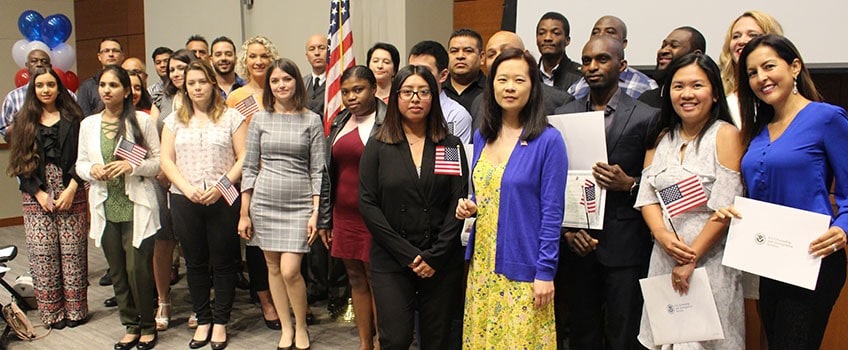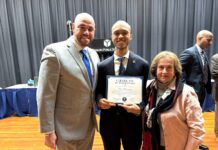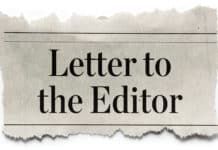“Let it be a day where we pledge that all citizens will be able to participate in the democratic process including people you disagree with.”

By Peter Feinman
As another Election Day has come and gone, We the People should celebrate an enduring quality that has differentiated us these past centuries from most countries in the world – the hard-fought struggle for free elections for our citizens and the peaceful transfer of power from one elected official to another even in opposition. It is easy for us to take for granted how rare and precious these actions are.
We are used to the idea of the son of a king succeeding his father. We also are used to the idea of challenges to that succession.
We are used to the idea of one military ruler passing the torch to another member of the military at death or as death approaches. We also are used to the idea of one military officer challenging another one.
We are used to the idea of fig-leaf democracies where elections are held but the voting is rigged so only the establishment candidate can win.
We also are used to the idea of democracies dying stillborn where no free elections are held and no peaceful transfer of power occurs.
All these failures to be a truly functioning democracy with free elections where the opponent to the incumbent can win and a peaceful transfer of power can occur differentiate us from most countries on earth. On January 6, 2021, that tradition of peaceful transfer nearly came to a halt with an assault on America in an attempt to steal the election and overthrow the Constitution.
January 6 now provides We the People the opportunity to renew our commitment to free elections and the peaceful transfer of power. We may be guided by the tradition in Great Britain of Guy Fawkes Day. The original holiday occurred on November 5, 1605, when Catholics in England sought to blow up Parliament, the Houses of Lords and Commons, as it was called into session. The intention was to spark a revolt against the Protestant state and restore the true Catholic monarchy to power. Spoiler alert: the effort failed.
Guy Fawkes and his confederates were captured, tried for treason, convicted, and hanged. In 1606, Parliament designated November 5 as Guy Fawkes Day in remembrance of the attempt to overthrow the government. The holiday continues to this very day but in a more genteel fashion. It is a day of family, friends, and fireworks plus the hanging of Guy Fawkes in effigy.
We should follow in the example of Great Britain and declare January 6 to be our Guy Fawkes Day. It should be a day of open house in the government assemblies in the land. From the villages to the towns to the cities to the counties to the states to the nation, let the places where the representatives of We the People meet to govern us be open. Let it be a day of civic tourism to walk the hallways and sit in the chambers in the rooms where it happens. Let the only flags seen be the American one and those of the state or municipality. Let it be a day where those who protect these places where democracy happens welcome citizens with open arms and not have to defend themselves in fear for their lives. Let it be a day where we pledge that all citizens will be able to participate in the democratic process including people you disagree with.
Let January 6, 2022, be the first day where We the People celebrate our tradition gained through decades of struggle of enabling American citizens to vote. We know that we live in a divided country. We know that everything is weaponized now. We know that everything may come crashing down on us after the 2024 elections when the full violence of the current civil war may be unleashed.
In the meantime there are January 6ths in 2022, 2023, and 2024. Let us use them for at least those moments to be a city on hill that eyes of the world are upon when we celebrate having free elections and the peaceful transfer of power.
Dr. Peter Feinman is the founder and president of the Institute of History, Archaeology, and Education, a non-profit organization which provides enrichment programs for schools, professional development programs for teachers, and public programs. He advocates for state and local history in the curriculum, teacher training, and cultural heritage tourism and for the well-being of the social fabric.
Visit ihare.org for more information.





